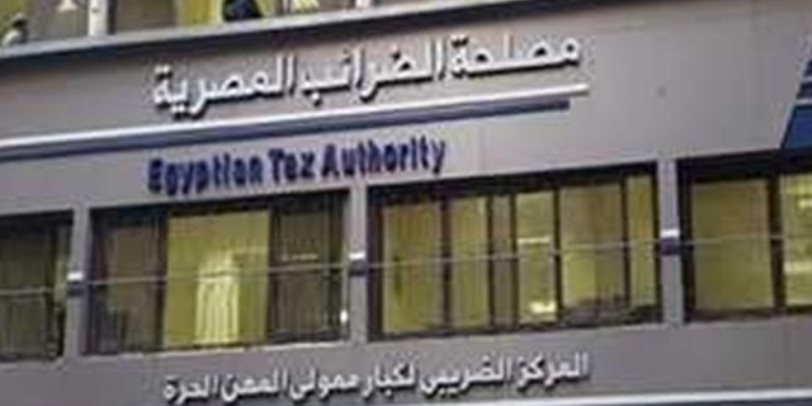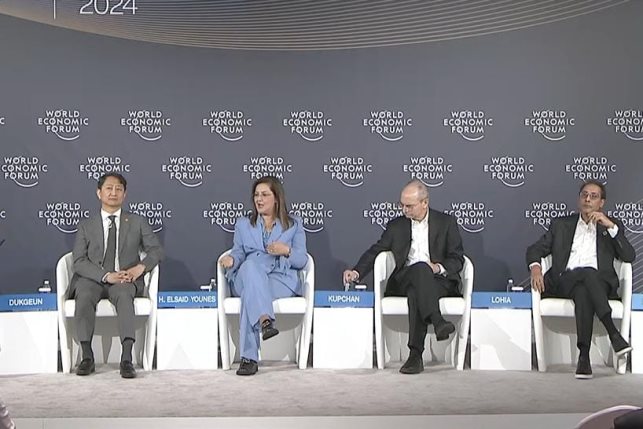Tax authority introduces simplified tax regulations for small businesses
Under the new provisions, establishments with a business turnover below EGP 250,000 will be subject to an annual tax of EGP 1,000

In an effort to streamline tax procedures and boost the business climate, the Egyptian government has implemented simplified tax regulations for establishments with an annual turnover not exceeding EGP 10 million, announced Rasha Abdel-Aal, acting head of the Egyptian Tax Authority (ETA), on Tuesday.
Under the new provisions, establishments with a business turnover below EGP 250,000 will be subject to an annual tax of EGP 1,000.
Businesses with turnovers ranging from EGP 250,000 to EGP 500,000 will face a tax of EGP 2,500, while those with turnovers between EGP 500,000 and EGP 1 million will incur a tax of EGP 5,000.
Establishments with turnovers from EGP 1 million to less than EGP 2 million will be taxed at a rate of 0.5%. For turnovers between EGP 2 million and less than EGP 3 million, the tax rate will be 0.75%, and turnovers ranging between EGP 3 million and EGP 10 million will be taxed at a rate of 1%.
These measures align with Finance Minister Mohamed Maait's directives to resolve tax disputes for establishments with turnovers below EGP 10 million, emphasized Abdel-Aal, adding that the government is committed to providing streamlined processes for taxpayers and expediting transactions through mechanization.
In May 2023, the Egyptian parliament passed a bill introducing amendments to the tax system, including a simplified tax framework for small and micro-scale enterprises with annual transactions not exceeding EGP 10 million.
These initiatives are part of Egypt’s broader strategy to enhance the business climate, streamline tax procedures for startups, and increase the private sector's role while attracting investments. The government aims to raise the private sector's contribution to the economy from 60% to 90% between 2024 and 2030, along with attracting around $100 billion in direct foreign investments over the same period.





